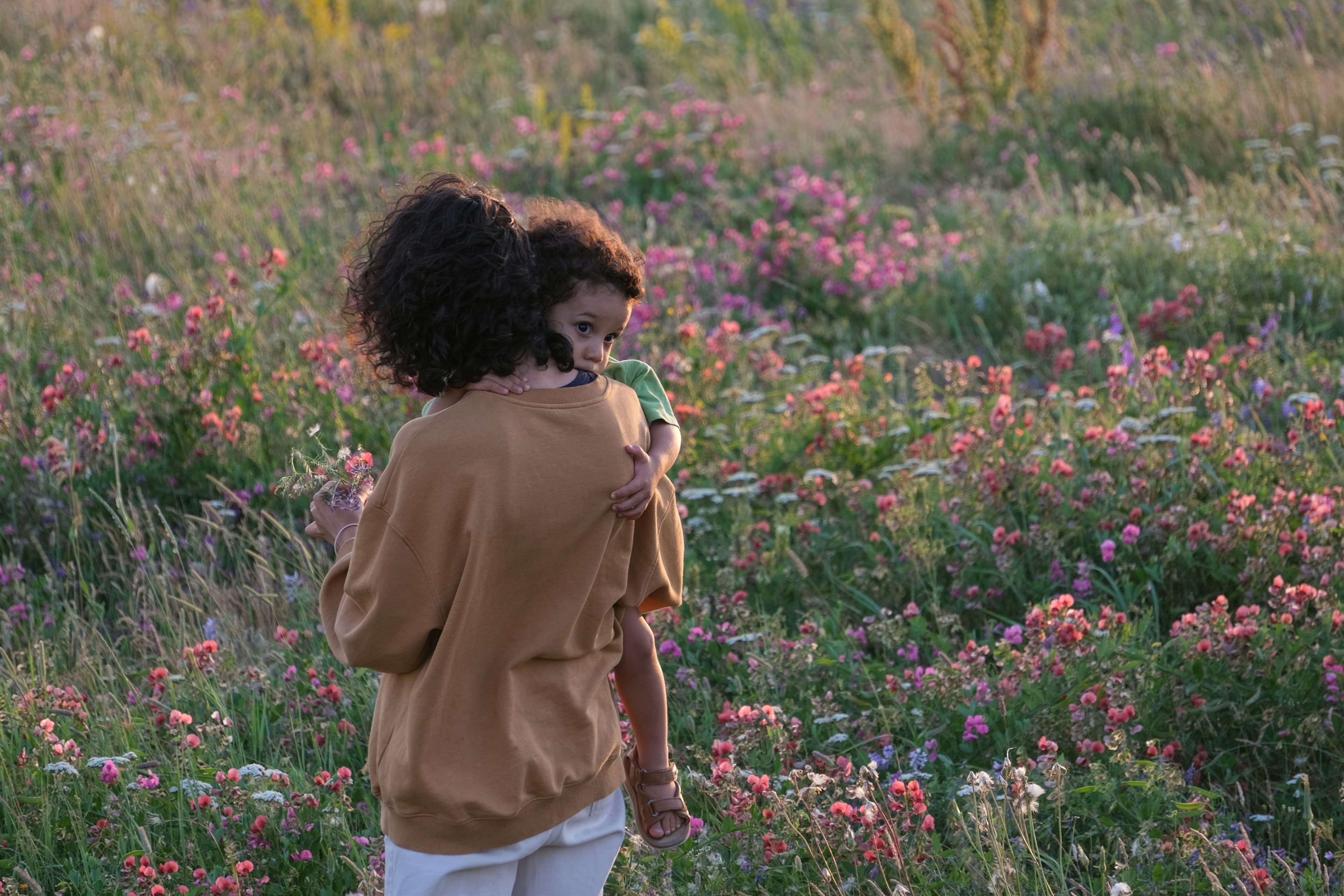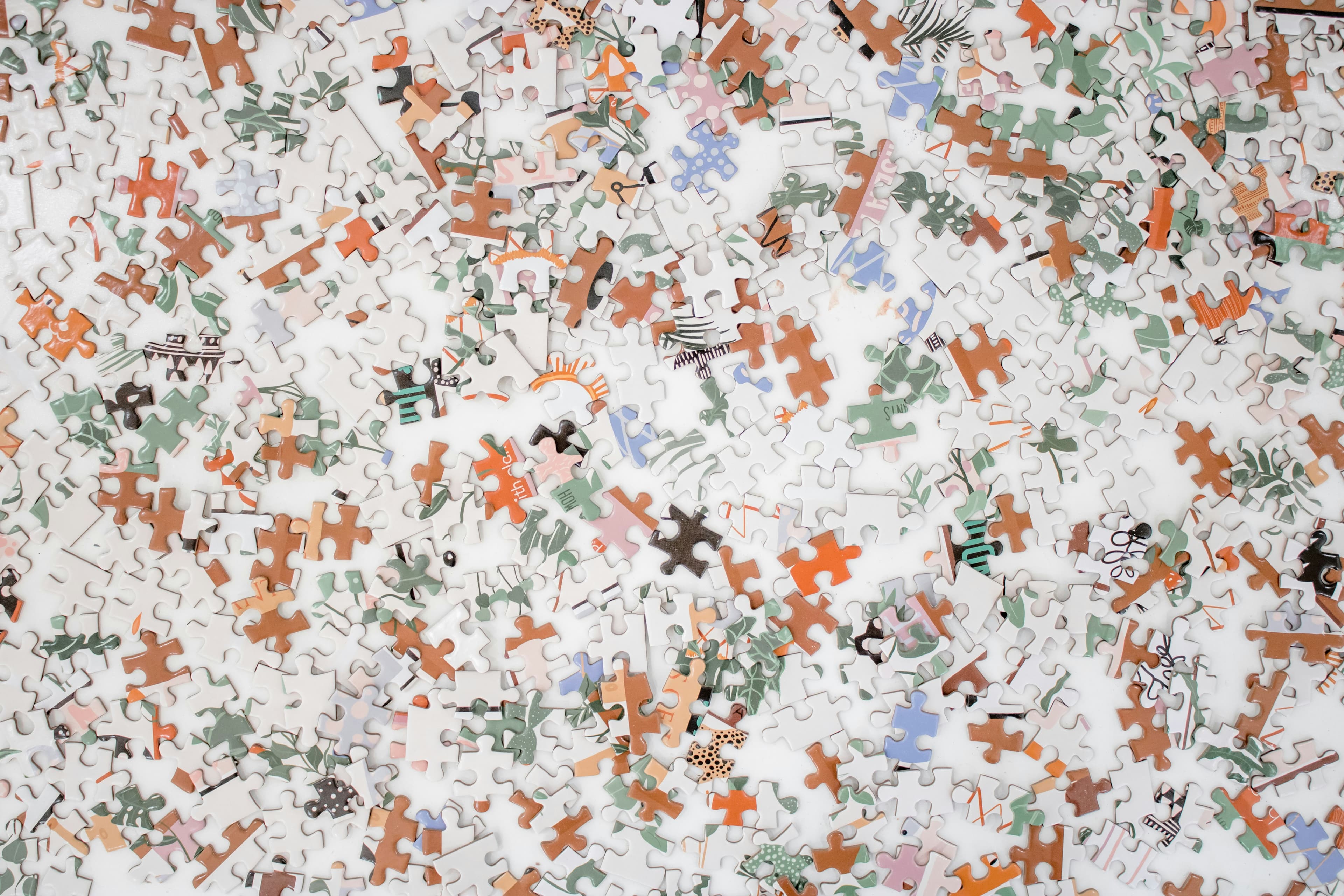
Children's Mental Health: Does My Child Need Therapy?
How to support a child with mental health issues? And if not therapy, then what? The short version for busy parents: Therapy isn't necessarily the first approach to consider when addressing child mental health challenges.
How to support a child with mental health issues?
And if not therapy, then what?
The short version for busy, tired, or overwhelmed parents: I don't believe therapy should always be the first step when struggling with your child's mental health or behaviours. What I do believe in is thoughtful, systemic, child-centred support — and that's why I've created a consultation service designed specifically for parents, carers, and the adults involved in your child’s circle
In my work as a mental health therapist — across nurseries, special schools, hospitals, bereavement services, and private practice — I've seen a growing gap in how we support children and young people. I meet parents who are left to navigate a sea of therapists, approaches, and interventions, unsure of what the "right" next step is for their child’s mental health concerns. All they are left with is the love for their child that comes with a responsibility to make it right by them – all while holding their own stories, values, backgrounds, opinions, and a "problem" they feel they must solve.
How to Help a Child with Mental Health Challenges?
Where to go? Who to ask? What to do next? These questions often echo into a void. And why should you, as a parent, know all the ins and outs of the mental health world? The truth is we, as mental health professionals, are falling short when all roads automatically lead to therapy. Parents aren't meant to be the therapist, the educator, the GP, and the case manager. That's where professionals are meant to step in — not only to support the child, but to hold you as a family, with empathy and clarity.
That's the heart of my child-centred consultation service, designed to address child mental health needs. It's for anyone involved in your child's world — parents, carers, educators, extended family — because a child's well-being doesn't exist in a vacuum. Fragmented systems lead to fragmented solutions. My aim is to support the whole picture.
When Schools and Child Mental Health Support Don't Align
One area I see parents struggling with most is navigating the disconnect between what happens at home and what happens at school. Your child might be thriving in one environment while falling apart in another, leaving you wondering which version is the "real" picture of your child’s mental health. Teachers might suggest one thing, you're seeing something completely different at home, and meanwhile, you're caught in the middle, trying to advocate for your child without the language or knowledge of systems to back you up. As a mental health therapist, I've learned that these environmental differences aren't contradictions — they're valuable information. Understanding how to support a child with mental health issues often means bridging these different perspectives and helping you become a more confident advocate in school meetings, IEP discussions, or when determining if those signs your child needs occupational therapy warrant a formal evaluation. This kind of systemic navigation is exactly what many families need support with, yet it's rarely offered as a standalone service.
Signs Your Child Needs Occupational Therapy and Other Specialized Support
What I've learned in working as a psychotherapist with children and adolescents: two children can present with the same behaviours and “issues” and yet require completely different approaches. Why? Because every child is a complex, unique human being with their own story, history, and emotional blueprint. There is no one-size-fits-all solution when it comes to child mental health.
In our work together, I want to press pause. I want to zoom in and out of your family system, understand the root of what's happening, and help you feel informed and empowered as a parent or carer.
But let me be clear:
This isn't parenting coaching. This isn't therapy. This isn't a session where I tell you what to do — not because I can't, but because you are the expert on your child and family. This space isn't about my personal beliefs; it's about sharing my skills and knowledge as a mental health therapist to support you in a way that fits your context, values, and find solutions together.
It is a space to reflect, to think, and to decide together: What's the best next step for your child's mental health and your family?
Sometimes, that next step might be trying strategies at home or school. Sometimes, it means bringing others into the conversation — a teacher, a medical professional, a co-parent. Sometimes, it’s about deciding what kind of therapy would actually suit your child best. This is a therapeutic service, but it's not therapy. It's about feeling supported as you navigate unfamiliar territory, with someone who knows the map. You don't have to figure it out alone.
If you think I can help, feel free to contact me through my Journey profile — I'll be happy to guide you through the next steps in supporting your child's mental health.










